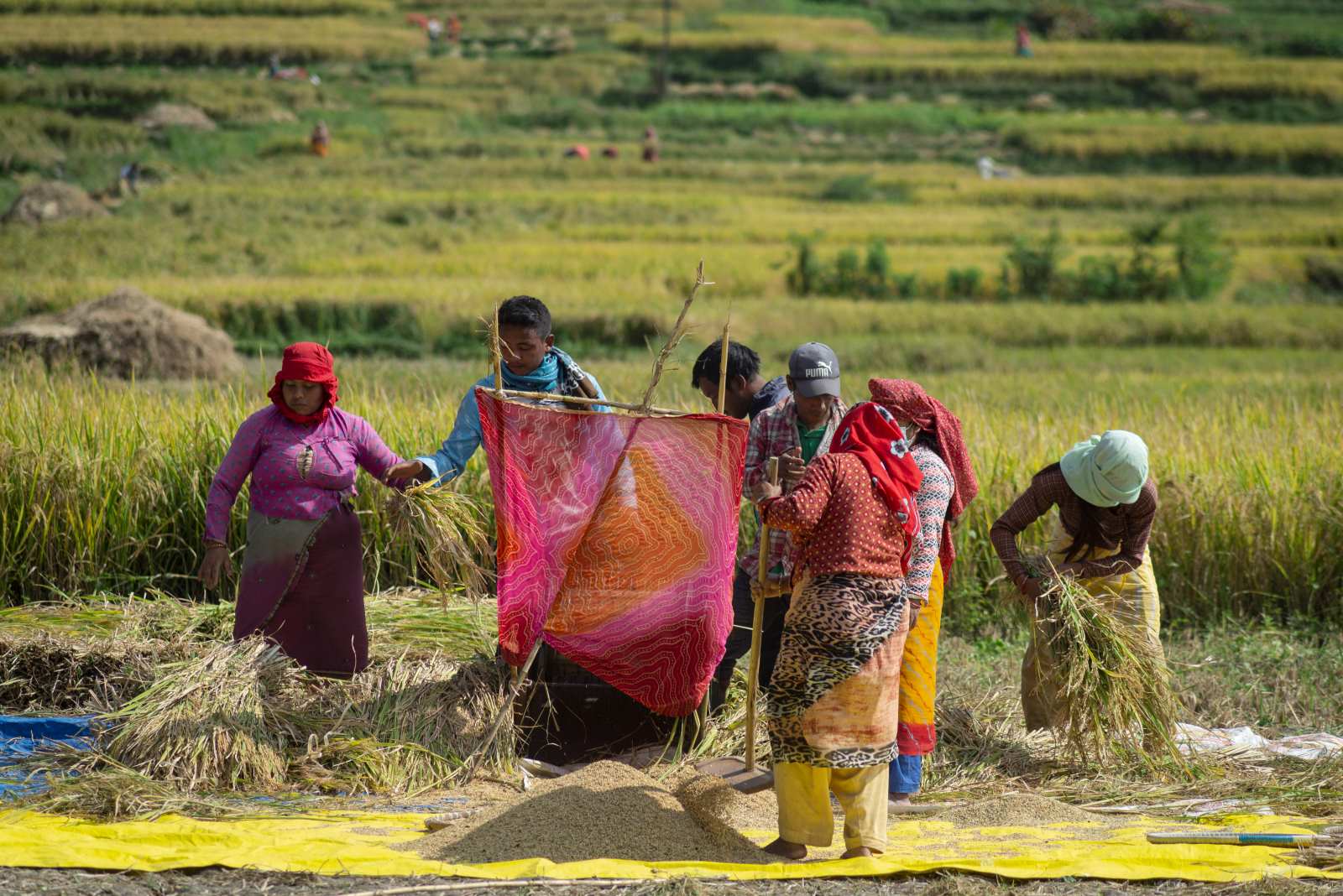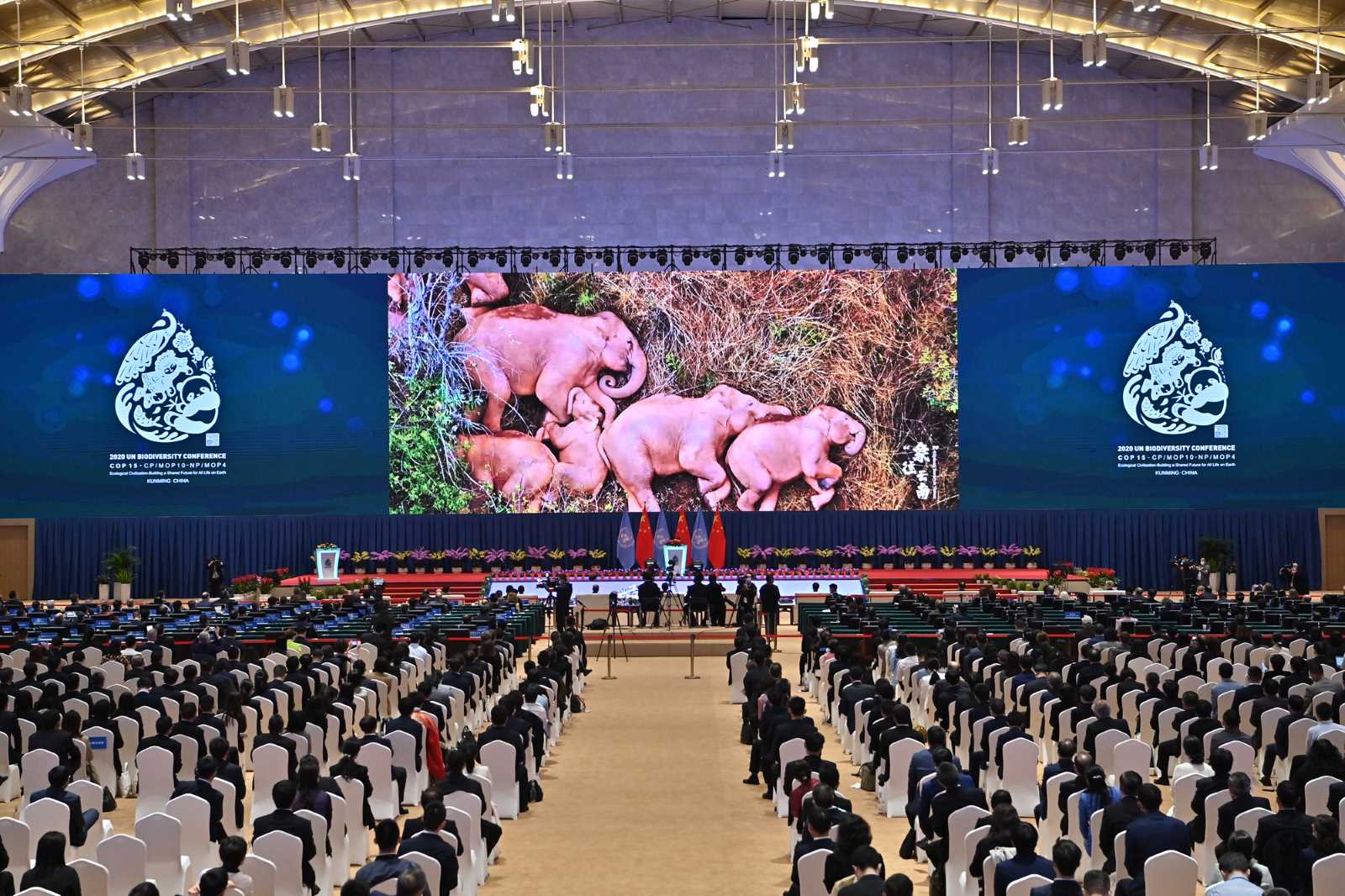Safe disposal
Sal leaves: a traditional South Asian alternative to plastic

As their name suggests, single-use plastics are used once or at least only for a short period of time. They are discarded fast, but they do not biodegrade. All too often, they litter the environment in the long term. If they end up in landfills or incinerators, they cause problems too, with microplastics contaminating water, air and soils. Moreover, incineration causes greenhouse gas emissions. Recycling, however, is very difficult because there are very many different kinds of plastic. If they are mixed, the quality deteriorates.
Plastic waste is a global justice problem, moreover. According to the UN Environment Programme (UNEP), related hazards especially affect vulnerable, low-income communities in developing countries.
Awareness of the issue is growing. Accordingly, plastic bags have been banned in many places. Nonetheless, the Minderoo Foundation, an Australian philanthropic institution, reckons that 139 million metric tons of single-use plastic waste was produced in 2021, which was 6 million metric tons more than in 2019.
It is true, of course, that some kinds of single-use plastic items are hard to replace. Surgical gloves are an example. However, they only make up a tiny fraction of plastic waste. It is urgently necessary to replace all other plastic items with biodegradable alternatives. The search is on internationally.
One option is to use the leaves of the sal tree (shorea robusta). This plant grows in India, Bangladesh, Nepal, Bhutan and Tibet. The leaves have been part of South Asian cultures and religious traditions for a long time.
Before plastic bags were invented by Swedish engineer Sten Gustaf Thulin, the leaves were used to pack food items, including raw meat or fish. In rural areas, that is still done.
Moreover, the leaves can be stitched together to make plates and bowls. This kind of tableware is quite popular in some South Asian regions – and where that is the case, plastic waste problems have been kept in check to some extent. Fast-food vendors, kiosks and hotels sell meals on sal-leaf dishes. Moreover, India is now exporting biodegradable single-use dishes made from sal leaves. They are even marketed by Amazon in some high-income countries.
Other items can be made from these leaves too. All of them can be thrown away without worrying about long-term environmental impacts. Indeed, it is possible to feed them to goats and cows.
The plant also has medicinal value. Its bark and leaves are used to treat ulcers, leprosy, cough and diarrhoea, for example.
Small-scale businesses based on sal leaves make a difference in poor people’s lives. Collection, processing and the sale of goods provide livelihoods to marginalised Adivasi communities in Indian states like West Bengal, Jharkhand and Chhattisgarh. Indeed, some of them consider the plant to be sacred.
While items used to be stitched by hand, machines serve that purpose today. Sal-leaf related industries are no longer only an informal and micro-scale industry as larger factories have been emerging too. State agencies promote this kind of tableware as an environment-friendly option.
However, there is scope for expanding this sector further.
Research and development could lead to more “sophisticated” goods in the future. For example, sal-leaf dishes could be made safe for micro-wave ovens. Moreover, it might make sense to replace glass utensils in hospitals or hotels, because cleaning them requires a lot of electricity and water for giant dishwashers. Sal-leaf alternatives would be at least as hygienic. One challenge is to further change attitudes as the traditional dishes are still considered somewhat spartan and uncultivated, so fancy restaurants hardly use them at all.
Modernisation need not mean replacing traditions. It makes just as much sense to build on traditions in ways that fully tap their potential. The traditions of indigenous communities do not harm the environment – so they deserve particular attention.
Suparna Banerjee is a Frankfurt-based political scientist.
mail.suparnabanerjee@gmail.com














